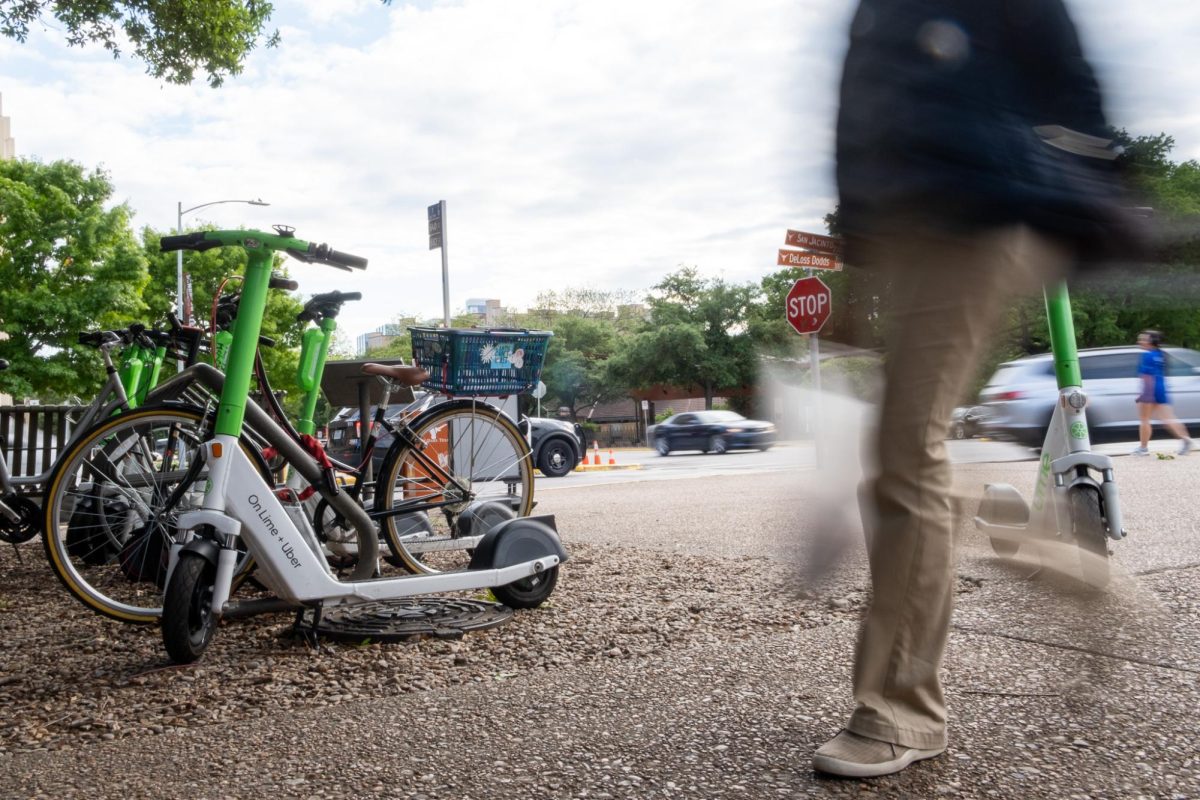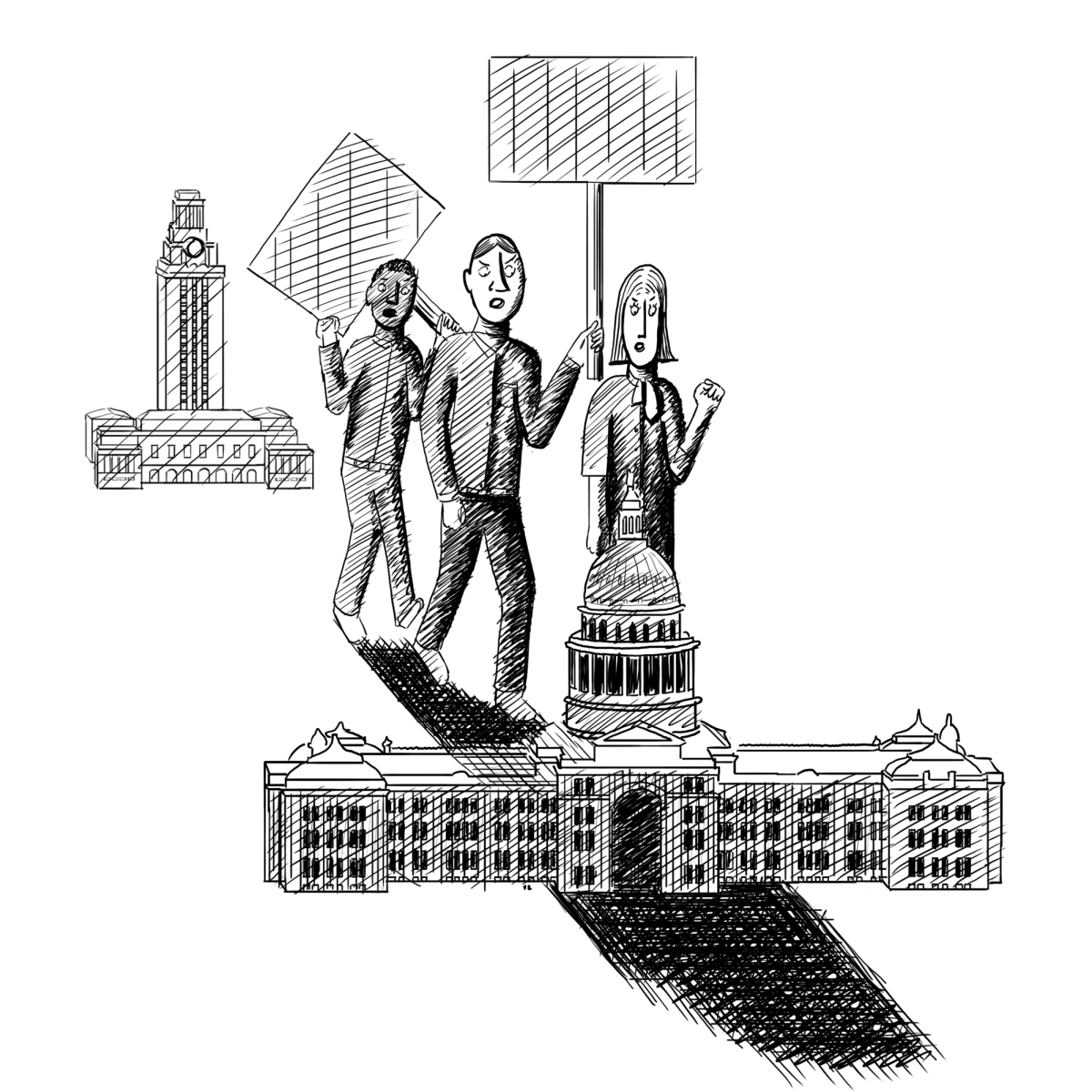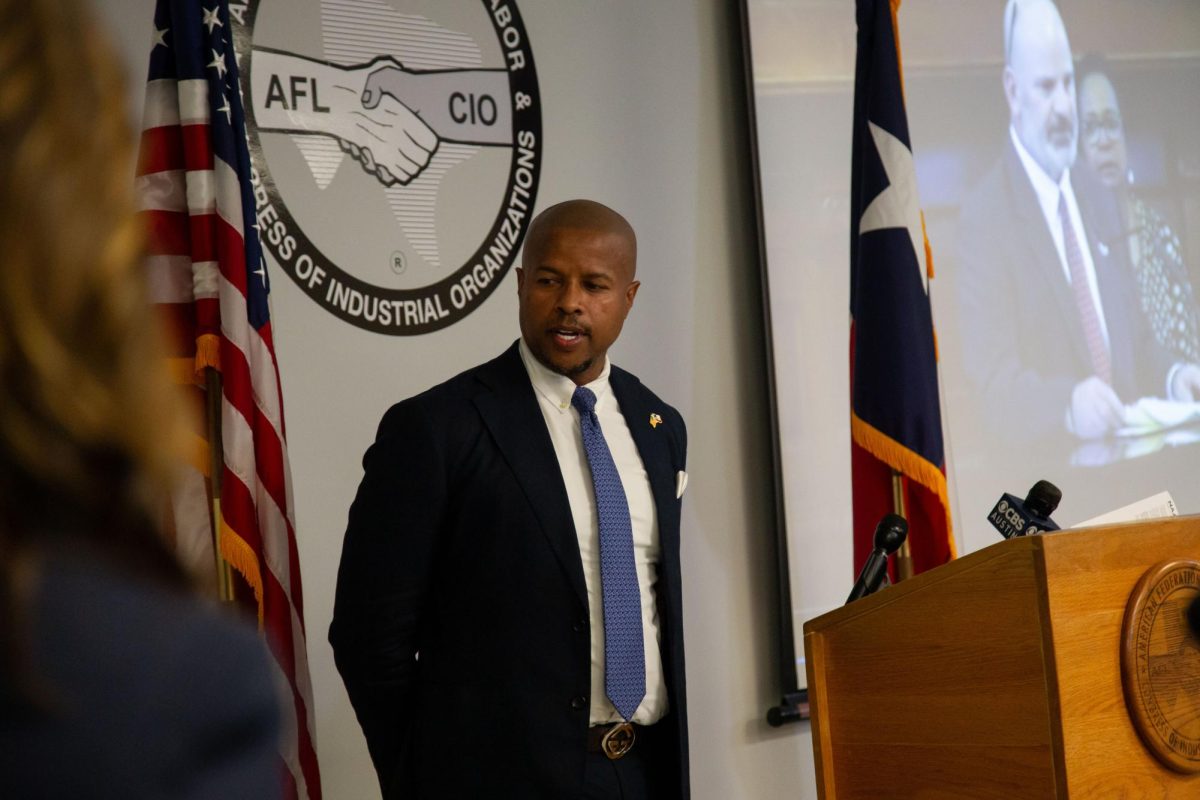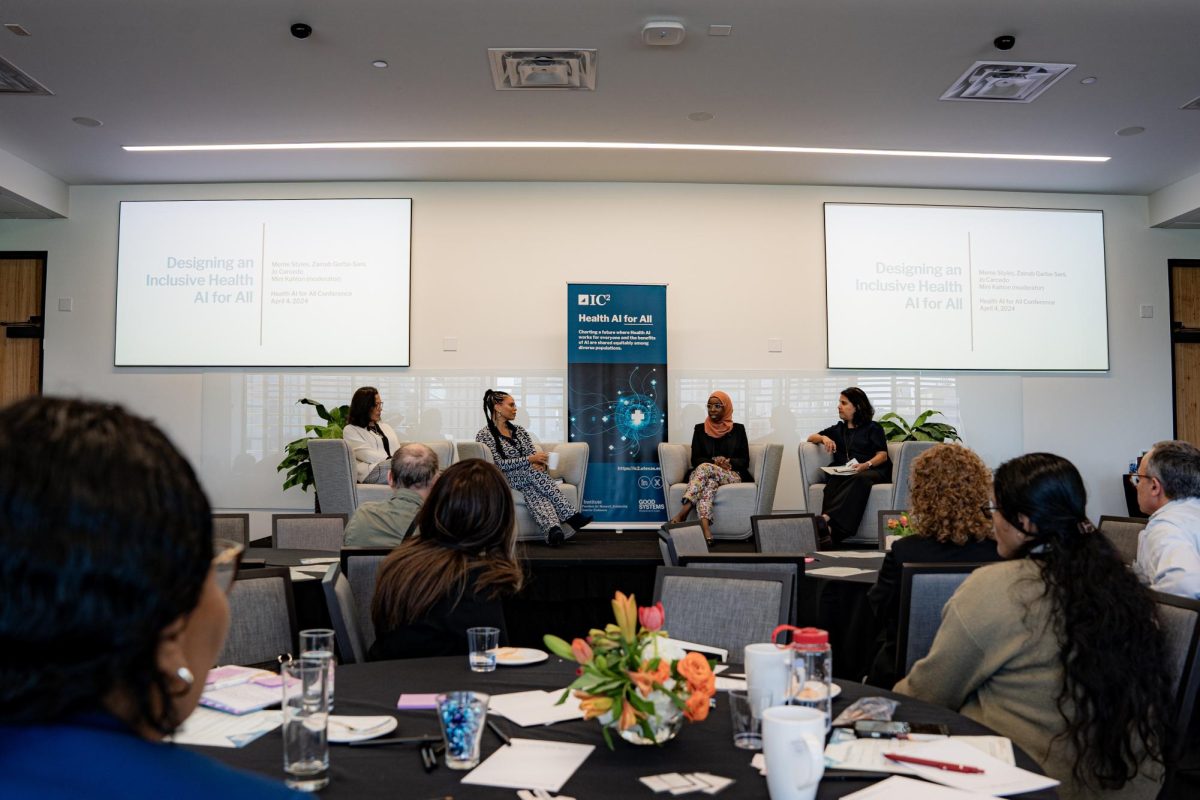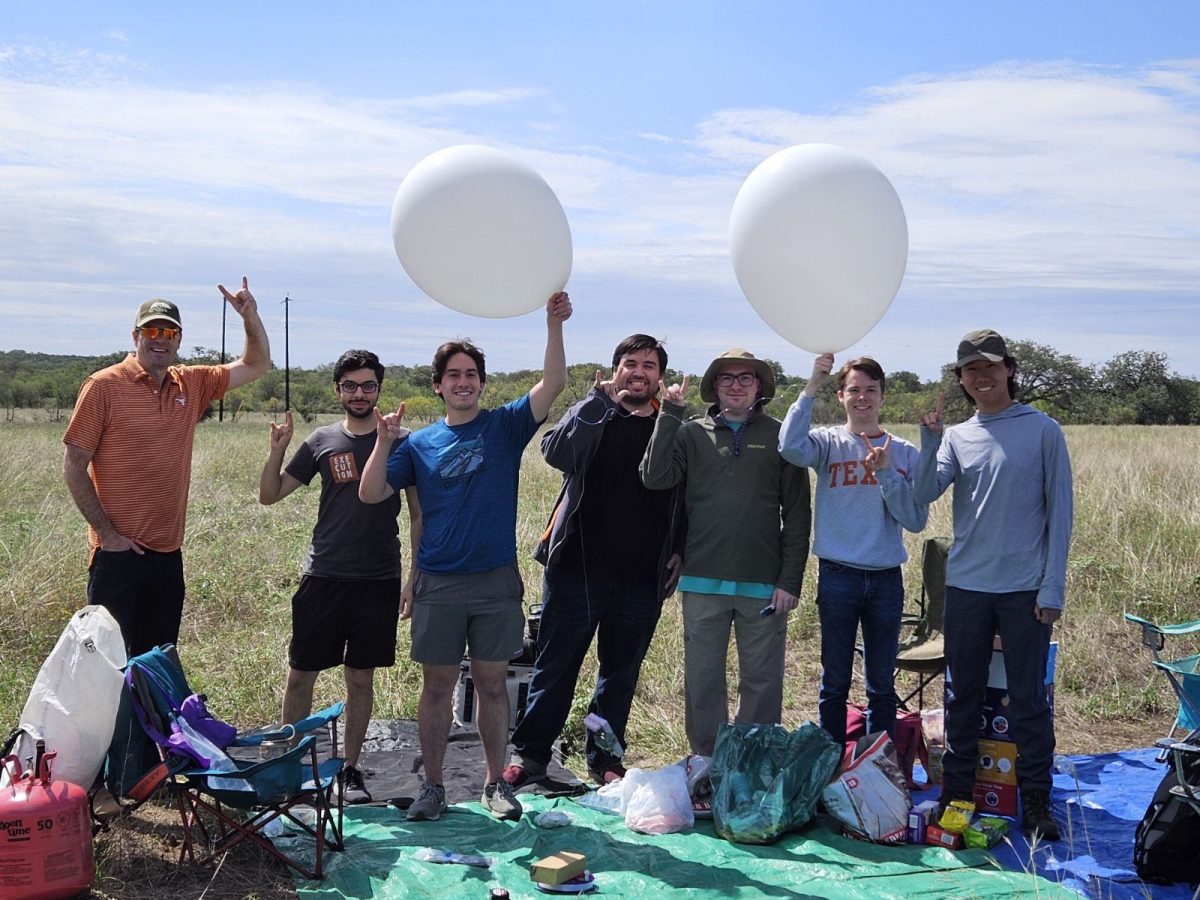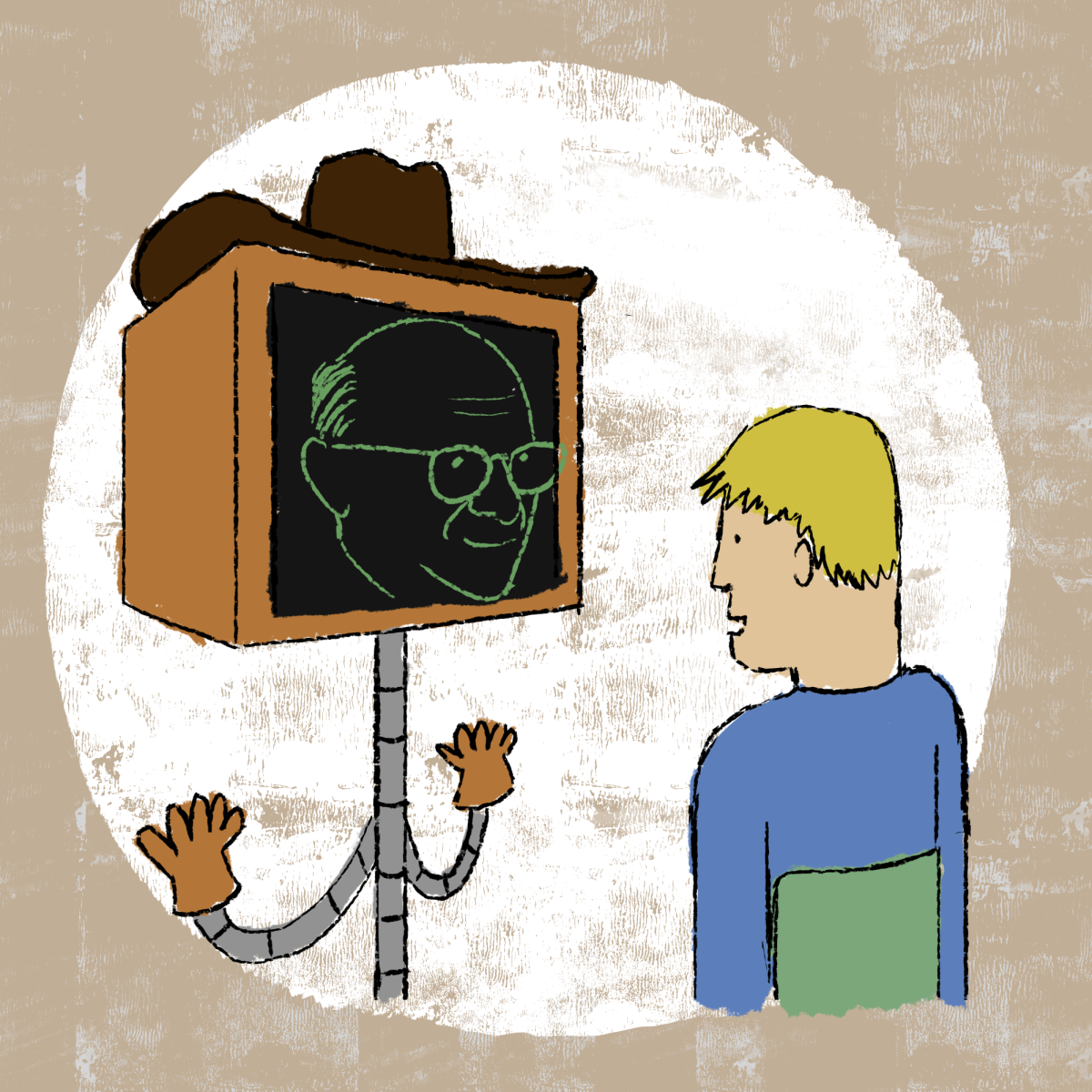The world-renowned social justice group Invisible Children included UT on its tour to spread awareness about the effects living in war-torn East Africa has on the region’s children, hosting a documentary screening Monday night in the William C. Hogg Building.
The group is well-known for their multimedia projects on the conflict in Uganda, which has displaced about 1.8 million people in the past two years. Monday’s video focused on the history of the conflict in Northern Uganda that led to the abduction of children for the rebel army, and Invisible Children’s efforts to bring peace.
Sociology senior Sarah Magnelia is copresident of the UT branch of social justice group Oxfam. Magnelia helped advertise Invisible Children’s screening to UT students.
“[Kids] are taken away from their families, forced to commit unthinkable crimes and even after release, must deal with the long-term psychological consequences of their enlistment,” Magnelia said. “For me, it’s simply not enough to sit around and do nothing about all of this, and Invisible Children is working hard to change reality
in Uganda.”
When the United Kingdom took control of the East African country, it enslaved Northern Ugandans and gave the southern Ugandans high-status jobs, said Chelsea Steele, a member of Invisible Children who helps put on the video screenings.
In 1986, Ugandans in the north formed a rebel group called the Lord’s Resistance Army, which guerilla soldier Joseph Kony led, Steele said.
When Kony lost support, he began abducting children in their sleep to fight for the army. The abductions led to “night-commuting,” where hundreds of Ugandan children walked miles to sleep in masses to avoid being abducted, said Joleah Stiles, Invisible Children’s regional manager for Texas.
“The crazy thing is they are given almost no training for the weapons they have so they are getting the weakest, youngest, most inexperienced people that they have abducted on the front lines,” Stiles said.
After three friends from California visited Uganda in 2003, they were inspired to produce a documentary that focused on the rebel attacks and abductions there, later creating Invisible Children when they returned to the U.S., according to the
group’s website.
“Invisible Children has had a very large hand in ending night commuting,” Stiles said.
After supporters of Invisible Children successfully lobbied the U.S. government to intervene in Uganda, Kony and his troops were driven out of the country. Kony’s group now terrorizes the Congo. The U.S. government directly recognized Invisible Children for their efforts in ending the Lord’s Resistance Army’s occupation in Uganda, according to the video.
“The opposite of war doesn’t necessarily mean peace,” Steele said. “We want to make sure we ensure peace through education.”
At the event, volunteers promoted the Legacy Scholarship Fund, in which sponsors can provide a monthly donation of $35 to send a Ugandan child to high school and $65 for a university education.
Ojak Francis received the Legacy scholarship in 2007 and was featured in a video encouraging viewers to support the scholarship program. When he was 13 years old, Francis lost his parents and the majority of his community in a Lord’s Resistance
Army attack.
He shared his story of forgoing meals to afford tuition for schooling, but eventually had to drop out of school because he couldn’t afford it. Not until he applied for and received the Invisible Children scholarship was he allowed to continue his education. He is now in his second year of university, and would like to get his masters degree in political philosophy.
“I would like to fight for justice and bring change to the people of Northern Uganda,” he said.



